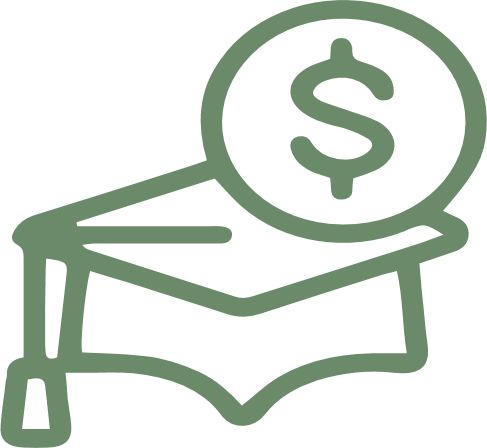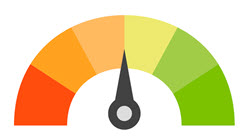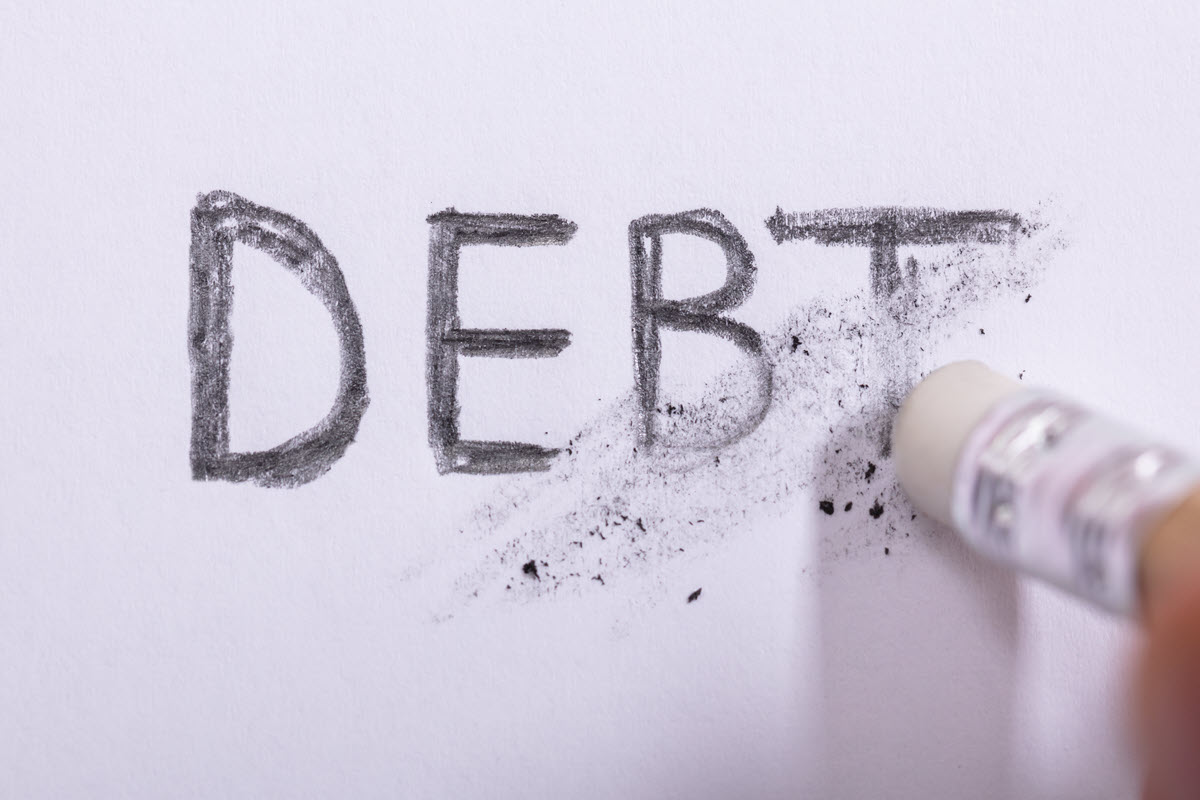How much debt can you repay?
To repay your student loans, try to keep your monthly student loan payment at 10% or less of the net monthly income you plan to earn after you finish school. (Your net income, or take-home pay is the amount you earn after taxes, insurance, or other costs that have been subtracted from your gross income, the total amount you earn.)
If you aren’t sure what your expected net income will be, then assume your net income is 20% less than your expected gross income.

How much do you think you’ll be able to handle in monthly student loan payments? Use the repayment calculator on the Federal Student Aid website (studentaid.ed.gov) to estimate the monthly payment for federal student loans.
Be realistic about what your salary might be after graduation. Before you borrow, estimate the amount of debt you’ll be able to handle without a lot of financial stress. Never borrow more than you need and try to keep your payments as low as possible.
Repaying your student loan
When it comes to making student loan payments, your main goal should be to make payments on time and avoid late fees. Here are some tips to make your payments a little less painful.
Get your degree. A college degree can lead you to a higher paying job and open the door to a new career.
Ask your lender if they can automatically deduct your payments from your bank account. (Be sure to keep track of your account balance to avoid overdrafts.) Also, ask if they offer an interest rate discount for making automatic payments.
Try to get other bills paid off during the grace period (usually six months) before your first student loan payment is due. That will help you to repay your student loans when the time comes.
If you’re unable to make a monthly payment, call your lender right away. Discuss options to postpone payments or adjust your repayment plan. To learn more visit the deferment or forbearance page on the Federal Student Aid website.

how to postpone student loan payments
Student loans are legal obligations. The money you borrow must be repaid, with interest, just like car loans and mortgages. If you’re having financial problems that make it difficult to repay your student loans, don’t panic — but do contact your lender. They can explain your options to help you to avoid problems with both late payments and default.

student aid for graduate students
The Federal Stafford Loan and Federal PLUS Loan programs can provide graduate and professional students with sources of funds.
A Federal Stafford Loan has a fixed interest rate that is lower than the Federal PLUS Loan interest rate and a credit check is not required. However, a Federal Stafford Loan has an annual loan limit.
With a Federal PLUS Loan a credit check is required, but you may borrow up to your full cost of attendance, minus any other financial aid you receive (including subsidized and unsubsidized Federal Stafford Loans, scholarships, and certain fellowships). Federal PLUS Loans have a fixed interest rate that will not change throughout the life of your loan.
Both the Federal Stafford Loan and the Federal PLUS loan have loan fees that equal a percentage of the loan amount. The fees are deducted proportionately from each disbursement of your loan.
You must first accept the maximum amount of Federal Stafford Loan before you receive a Federal PLUS Loan.
TO BE ELIGIBLE FOR THESE LOANS:
APPLY:
To apply for a federal loan, you must first complete the Free Application for Federal Student Aid (FAFSA). After you complete the FASFA, your school will tell you how much you are eligible to receive in federal aid.
Then it’s up to you to decide whether to apply for a Federal Stafford Loan or Federal PLUS Loan or both. Once you decide, you’ll need to complete a Master Promissory Note, a legal document in which you promise to repay your loan(s) and any accrued interest and fees. You’ll receive your funds through the federal government (Direct Loan Program).
OTHER INFO:
Remember: Student loans must be repaid, with interest, just like car loans and mortgages. Loans are legal obligations, so carefully consider the amount you’ll have to repay before you take out a loan.
You won’t have to start repaying a Federal Stafford Loan until six months after you graduate, leave school, or drop to less than half-time enrollment. The first payment on a Federal PLUS Loan is due within 60 days after the loan is fully disbursed. There is no grace period for Federal PLUS Loans.
However, your lender will postpone the date your repayment starts with an in-school deferment. With an in-school deferment, you aren’t required to make payments while you are in school at least half time and for six months after you graduate or leave school, or drop below half-time enrollment.
For further information, visit the Federal Student Aid website at studentaid.ed.gov.


